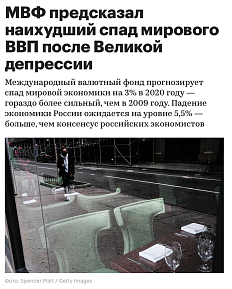The COVID-19 pandemic has accelerated 10 key technology trends, including digital payments, telehealth and robotics. These technologies can help reduce the spread of the coronavirus while helping businesses stay open. They also can help make society more resilient in the face of pandemic and other threats. During the COVID-19 pandemic, technologies are playing a crucial role in keeping our society functional in a time of lockdowns and quarantines. And these technologies may have a long-lasting impact beyond COVID-19. Here are 10 technology trends that help our society overcome new challenges.
1. Online Shopping and Robot Deliveries
COVID-19 has transformed online shopping from a nice-to-have to a must-have around the world. Many delivery companies and restaurants in the US and China are launching contactless delivery services and robot deliveries.
2. Digital and Contactless Payments
Contactless digital payments, either in the form of cards or e-wallets, are the recommended payment method during the pandemic.
3. Remote work
In addition to preventing the spread of viruses, remote work also saves commute time and provides more flexibility. Yet remote work also imposes challenges to employers and employees, such as information security, privacy, and timely tech support.
4. Distance learning
As of mid-April, 191 countries announced or implemented school or university closures, impacting 1.57 billion students. Many educational institutions started offering courses online.
5. Telehealth
Wearable personal IoT devices can track vital signs. Chatbots can make initial diagnoses based on symptoms identified by patients.
6. Online Entertainment
Online streaming of concerts has gained traction around the world. Museums and international heritage sitesoffer virtual tours. There has also been a surge of online gaming traffic since the outbreak.
7. Supply Chain 4.0
The COVID-19 pandemic has created disruptions to the global supply chain. Some factories are completely shut down. Heavy reliance on paper-based records, a lack of visibility on data and lack of diversity and flexibility have made existing supply chain system vulnerable to any pandemic. Core technologies of the Fourth Industrial Revolution, such as Big Data, cloud computing, Internet-of-Things (‘IoT’) and blockchain are building a more resilient supply chain management system for the future
8. 3D Printing
3D printing technology has been deployed to mitigate shocks to the supply chain and export bans on personal protective equipment. 3D printing offers flexibility in production.
9. Robotics and Drones
COVID-19 provided a strong push to rollout the usage of robots and research on robotics. In recent weeks, robots have been used to disinfect areas, and to deliver food. Drones have walked dogs, etc.
10. 5G and Information and Communications Technology (ICT)
All the aforementioned technology trends rely on a stable, high-speed and affordable internet. While 5G has demonstrated its importance in remote monitoring and healthcare consultation, the rollout of 5G is delayed in Europe at the time when the technology may be needed the most.
COVID-19 has demonstrated the importance of digital readiness, which allows business and life to continue as usual — as much as possible — during pandemics. Building the necessary infrastructure will be essential for any business or country to remain competitive in a post-COVID-19 world.
The original article is available here (in English): weforum.org/agenda/2020/04/10-technology-trends-coronavirus-covid19-pandemic-robotics-telehealth/






